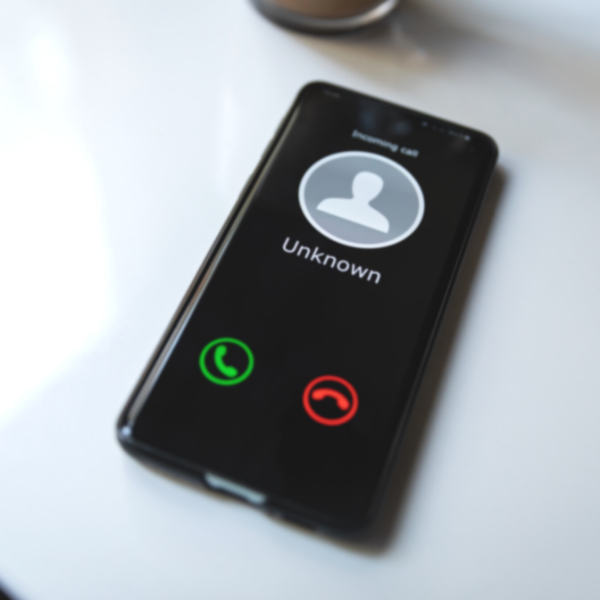The Washington Post reported this month about the increased prevalence of scammers and their efforts to extort money by way of misleading phone calls. It is estimated that by next year, 45% of all cell phone calls will come from scammers. Unfortunately, this is not a recent development. Year after year, the prevalence of these scammers has steadily risen and there is no sign of them slowing down. It should also come as no surprise that these scammers often impersonate government agencies in an effort to convince call victims that they owe money, despite that not being true. Notably, the Post’s article made mention of the Internal Revenue Service’s (IRS) recent guidance regarding these scam calls.
The IRS has made clear that only special circumstances necessitate calls to a home or business, and that most often, regular mail is used to initiate contact with a taxpayer. Making threats and demands over the phone is not characteristic of the IRS. This has been reiterated by the IRS on numerous occasions, yet phone customers continue to be victimized by scammers purporting to be IRS representatives. Modern technology allows scammers to spoof, or mimic actual IRS phone numbers, which has fooled countless taxpayers into believing they are actually being contacted by the IRS.
What’s more troubling, is that in the aftermath of a natural disaster, scammers have been known to increase their efforts hoping to exploit the generosity of those wanting to help. Usually, these scams take the form of a phone call wherein donations are solicited by a phony or impersonated charity. Sometimes these scammers may claim to work for, or on behalf of the IRS. By purporting to be a charitable organization, scammers may promise tax incentives in exchange for a donation. The IRS recently issued a memorandum following Hurricane Florence urging taxpayers to exercise caution when fielding phone calls from purported “charities.”
If you receive a call from an unknown number, remember that the IRS rarely calls individuals and be wary of any threats or demands. The IRS advises that you should never give out personal or financial information over the phone, including your Social Security number or credit card information. In the event you receive a request over the phone and are unsure of its validity, simply ask that they follow up with a written letter containing all the details.
Author
-

E. Roger Stewart
E. Roger Stewart is a Principal at McCarthy Lebit where he focuses his practice on business entities, taxation, and estate planning. Learn more about Roger and his practice.
